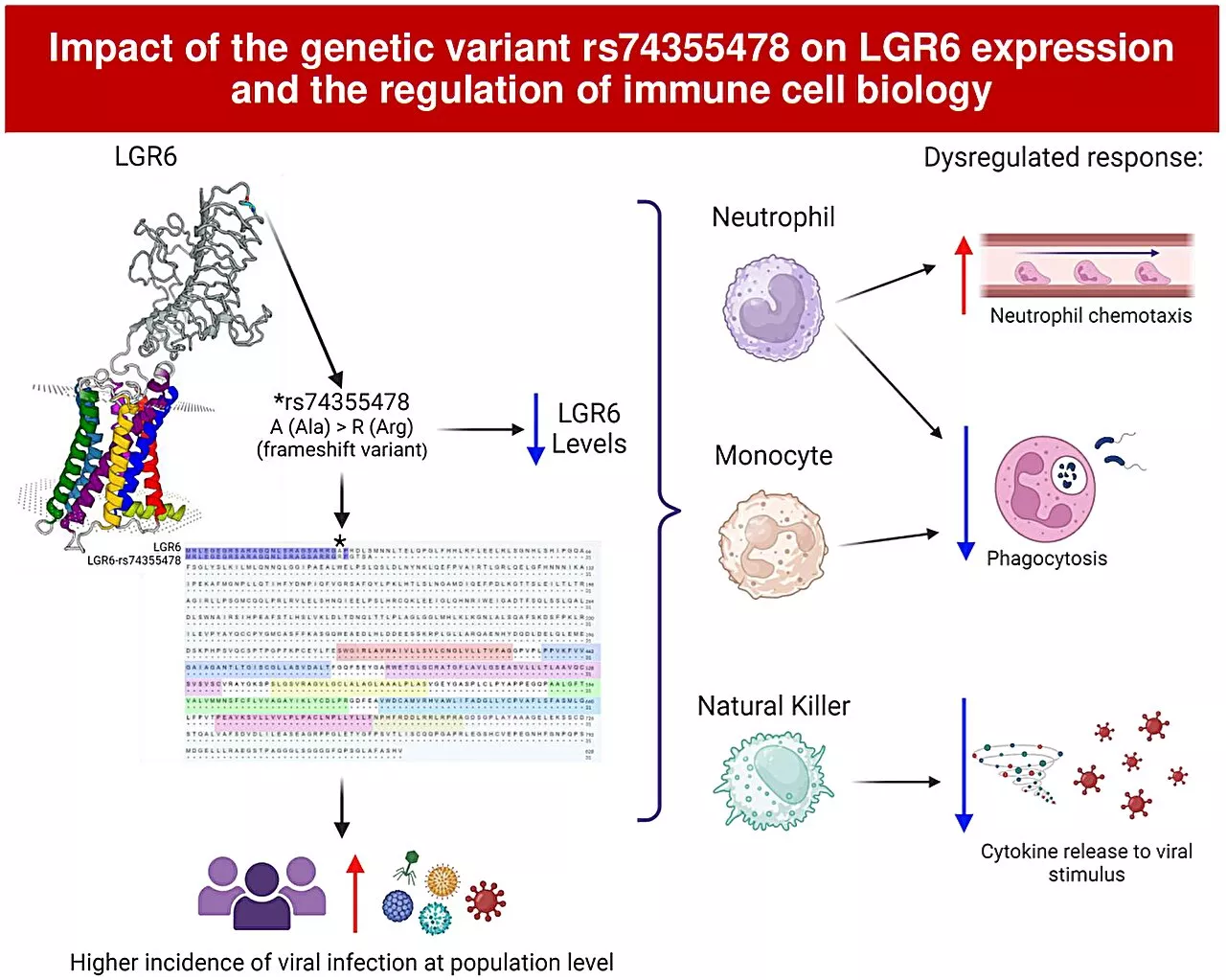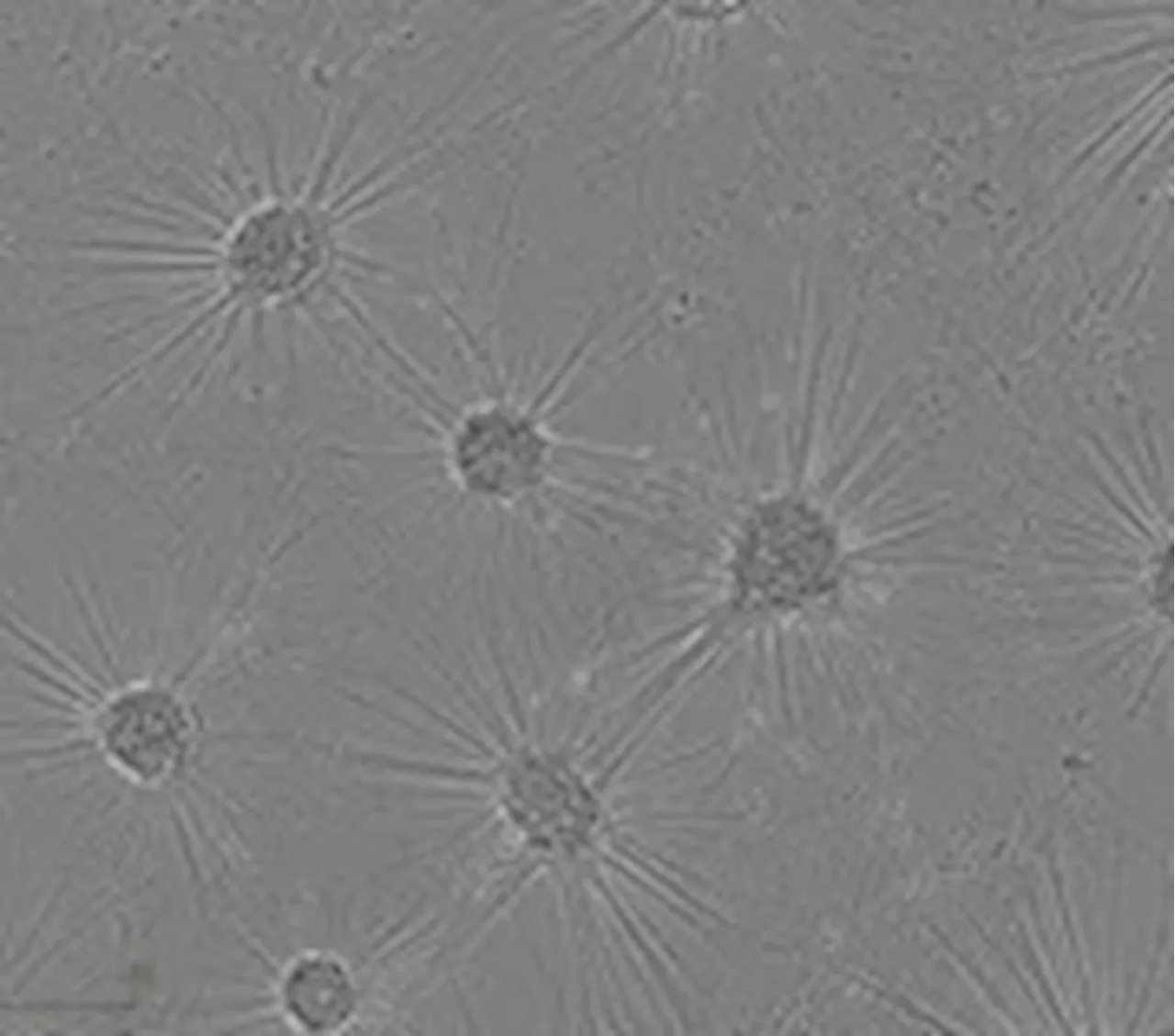The anti-inflammatory effects of wine by analyzing the relationship between urinary tartaric acid concentrations and changes in serum inflammatory biomarkers.
By Vijay Kumar MalesuMay 13 2024Reviewed by Lily Ramsey, LLM In a recent study published in The Journal of nutrition, health and aging, a group of researchers investigated the anti-inflammatory effects of wine by analyzing the relationship between urinary tartaric acid concentrations and changes in serum inflammatory biomarkers in PREvención con Diet a MEDiterránea trial participants.
This diet's polyphenols and omega-3 fatty acids help combat inflammation linked to chronic diseases. Despite ongoing debates, many studies confirm red wine's anti-inflammatory benefits attributed to polyphenols. This analysis specifically included a subsample of 217 participants from the Hospital Clinic of Barcelona and Navarra recruitment centers, examining their inflammatory biomarkers and urinary tartaric acid levels.
The statistical analysis included dividing participants into tertiles based on the one-year changes in urinary tartaric acid concentration, and multivariable-adjusted linear regression models were used to explore associations between changes in tartaric acid and inflammatory biomarkers. Adherence to the MedDiet was generally consistent across groups, though slightly lower in the first tertile, and wine consumption was notably lower in the second tertile.
The reliability of urinary tartaric acid as a biomarker for wine consumption was supported by a Receiver Operating Characteristic curve analysis, demonstrating good predictive ability with an Area Under the Curve of 0.818.
Biomarker Research Wine Aging Arthritis Atherosclerosis Chronic Diabetes Diet Fatty Acids Food Frequency Hospital Inflammation Mediterranean Diet Molecule Nutrition Physical Activity Red Wine
South Africa Latest News, South Africa Headlines
Similar News:You can also read news stories similar to this one that we have collected from other news sources.
 New tool streamlines nurse work environment researchNew research from Penn Nursing's Center for Health Outcomes and Policy Research (CHOPR)—recently published in the journal Research in Nursing & Health—has successfully validated a new, streamlined version of the Practice Environment Scale of the Nursing Work Index (PES-NWI), originally authored in 2002 by Eileen T. Lake, Ph.D.
New tool streamlines nurse work environment researchNew research from Penn Nursing's Center for Health Outcomes and Policy Research (CHOPR)—recently published in the journal Research in Nursing & Health—has successfully validated a new, streamlined version of the Practice Environment Scale of the Nursing Work Index (PES-NWI), originally authored in 2002 by Eileen T. Lake, Ph.D.
Read more »
 Research finds genetic variation that could lead to increased risk of viral infectionsA new study, led by Jesmond Dalli, professor of molecular pharmacology at Queen Mary University of London, has found that people with a genetic mutation that leads to a reduction in a protein called LGR6, found on the surface of immune cells, have a decreased ability to clear viral infections.
Research finds genetic variation that could lead to increased risk of viral infectionsA new study, led by Jesmond Dalli, professor of molecular pharmacology at Queen Mary University of London, has found that people with a genetic mutation that leads to a reduction in a protein called LGR6, found on the surface of immune cells, have a decreased ability to clear viral infections.
Read more »
 Growing body of research shows importance of addressing loneliness, social isolationToo much time alone can take a toll on the mind—and for older adults, the consequences can be particularly severe.
Growing body of research shows importance of addressing loneliness, social isolationToo much time alone can take a toll on the mind—and for older adults, the consequences can be particularly severe.
Read more »
 Research calls for translation of aged care assessment tools for culturally, linguistically diverse communitiesNew research by Western Sydney University has identified the need to translate psychosocial assessment tools, which measure social ability and well-being, used in aged care environments into multiple languages.
Research calls for translation of aged care assessment tools for culturally, linguistically diverse communitiesNew research by Western Sydney University has identified the need to translate psychosocial assessment tools, which measure social ability and well-being, used in aged care environments into multiple languages.
Read more »
 axoCells™ : Functional human iPSC-derived Motor Neurons for drug discovery and researchaxoCells™ motor neurons are derived from human induced pluripotent stem cells (iPSCs) and specifically designed for robust in vitro neuromuscular disease modeling with accelerated maturation and key marker expression.
axoCells™ : Functional human iPSC-derived Motor Neurons for drug discovery and researchaxoCells™ motor neurons are derived from human induced pluripotent stem cells (iPSCs) and specifically designed for robust in vitro neuromuscular disease modeling with accelerated maturation and key marker expression.
Read more »
 axoCells™ : Functional human iPSC-derived Sensory Neurons for drug discovery and researchaxoCells™ sensory neurons are designed to enhance in vitro pain modeling, specifically tailored for advanced applications in neurological microfluidics systems, nociception modeling, and the assessment of analgesic drug targets.
axoCells™ : Functional human iPSC-derived Sensory Neurons for drug discovery and researchaxoCells™ sensory neurons are designed to enhance in vitro pain modeling, specifically tailored for advanced applications in neurological microfluidics systems, nociception modeling, and the assessment of analgesic drug targets.
Read more »
